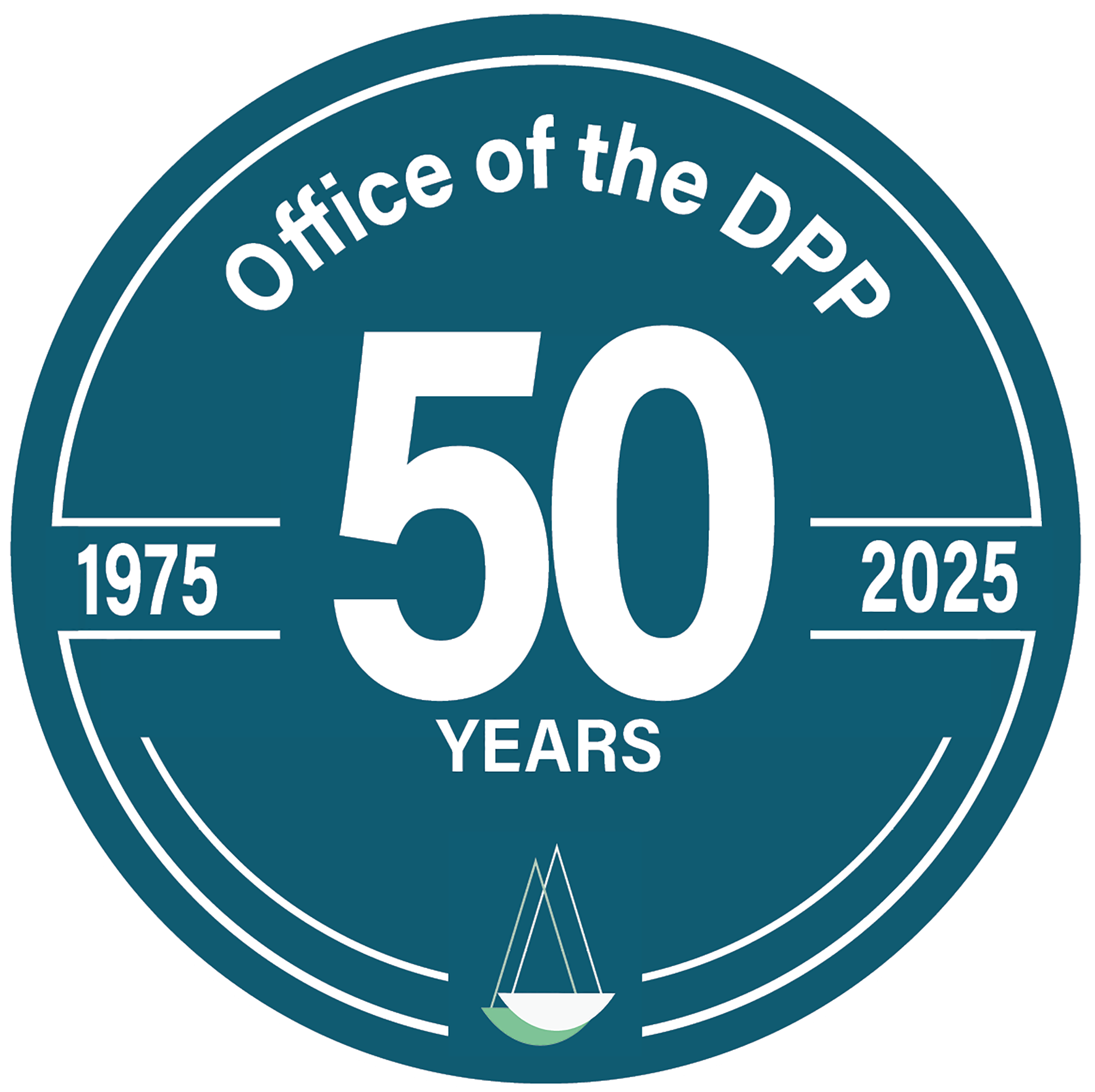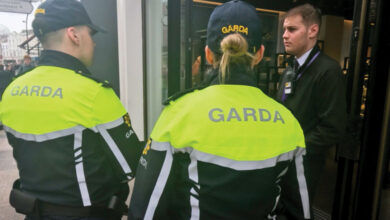50 years of justice

This year marks the 50th anniversary of the appointment of the first Director of Public Prosecutions (DPP), Eamonn Barnes in January 1975, writes Director of Public Prosecutions Catherine Pierse.
Before the enactment of the Prosecution of Offences Act 1974, when the practical implications of an independent DPP were still being considered, Limerick State Solicitor Gordon Holmes wrote to the Attorney General, Declan Costello, stating: “Candidly, we are absolutely plagued with representations here, largely coming, I am afraid, from TDs.”
In a later letter, he described how one TD had lobbied on behalf of both an accused person and a victim in the same case, a clear illustration of why a new Office was needed. The creation of the Office of the DPP was intended to strengthen public confidence in the rule of law by ensuring that prosecution decisions could not be subject to political interference or even the perception of it. Another key principle of our prosecution service, one that is established in the Irish Constitution, is that when we prosecute, we act on behalf of the people of Ireland, and not on behalf of any one participant in the criminal process. Independence therefore is at the heart of why our office was created.
Although we act on behalf of the people, the prosecution does also have an important role to play in vindicating the rights of victims, accused persons and witnesses and ensuring fairness at all stages of the process. A prosecution decision can have enormous consequences for the individuals involved. Where a decision is made not to prosecute, victims can feel disbelieved and unheard. Where a decision is made to prosecute, an accused person’s life can be turned upside down with implications for their job, family and future. The wider community’s confidence in the rule of law is also at stake.
Today the values of independence and fairness remain at the core of the Irish prosecution service. They are as essential now as they were in 1975 to maintaining the rule of law in a functioning democracy. When the Office was established, there were four lawyers making prosecution decisions. Today we have a staff of almost 300, from legal and other professional backgrounds.
“Today the values of independence and fairness remain at the core of the Irish prosecution service.”
We work closely with State Solicitors in 30 locations around the country and over 200 barristers on our panels. We now deal with around 17,000 files a year, make prosecution decisions in all serious cases and conduct prosecutions in the higher courts. Recent government decisions mean that we are also working towards being able to provide better support for, and quality assurance of District Court prosecutions which are taken by our colleagues in An Garda Síochána in the name of the DPP.
The nature of crime has also evolved dramatically over the past 50 years. The Office now deals with increasingly sophisticated forms of organised crime, financial and corporate offending, cybercrime, and offences involving digital evidence and international co-operation. The volume of digital data continues to grow relentlessly, from mobile devices, social media platforms, and CCTV footage. For example, 15 years ago, a file involving a typical late-night assault on a street might have included a victim’s statement, a memo of interview with the accused, and perhaps a few witness statements. Today, that same file could include phone footage from bystanders, CCTV from nearby premises, and records of social media activity following the incident. This surge in digital material gathered during investigations and submitted to my Office for review continues to reshape both the volume and complexity of evidence that must be assessed when deciding whether to prosecute, examined for relevance at the disclosure stage, and ultimately presented in court. It is clear that all of us who work in the criminal justice system must re-examine how this data is managed at each stage of the process, and the policies and practices that underpin our current approach to disclosure.
While my office operates independently in making prosecution decisions, effective criminal justice depends on collaboration among various agencies to improve the system for all those who must interact with it. Independence does not mean isolation. My office continues to collaborate on a range of projects and working groups with colleagues from An Garda Síochána, the Courts Service, the Legal Aid Board, the Department of Justice, and the Probation Service with the aim of improving the criminal justice system and the efficient running of the courts.
In response to increased demands on the criminal justice system, additional funding has been provided to support the recruitment of legal and support staff and enhance our information management systems. The rapid increase in the demands has prompted efforts to identify ways in which we can collectively work towards a more efficient and effective system which better meets the needs of the people who are interacting with it, and in particular the victims, accused persons and witnesses.
I welcome the Government commitment in this year’s Programme for Government to conduct a review of the criminal justice system, and publish an action plan to improve efficiency, remove blockages and cut waiting times. In the meantime, work is already underway to deepen collaboration across the system so that unnecessary delays are avoided. By way of example, earlier this year the Office of the DPP committed, along with 15 other criminal justice agencies, to the implementation of a Juvenile Protocol for the handling of Central Criminal Court cases involving children. This judicially led initiative was launched in February 2025 with the aim of ensuring that all such cases are dealt with within 12 months of the date of the allegation.
Notwithstanding the many changes that have taken place in the Irish prosecution service over the past 50 years, our mission has remained the same, to deliver a fair, independent, and effective prosecution service on behalf of all the people of Ireland. Difficult prosecution decisions must continue to be made without fear or favour. Cases must be pursued fairly and in the public interest, while protecting the rights of both victims and accused persons. This commitment serves not only those who directly interact with the justice system, but also everyone who values living in a safe and fair society.
To learn about the work of the Office of the DPP:
W: www.dppireland.ie
To read more about the 50th anniversary of the Office:
www.dppireland.ie/about-us/50-years






